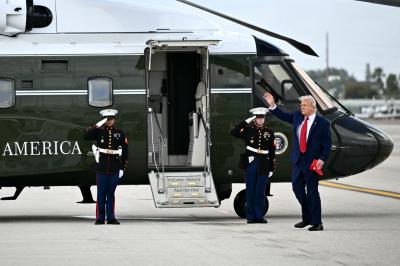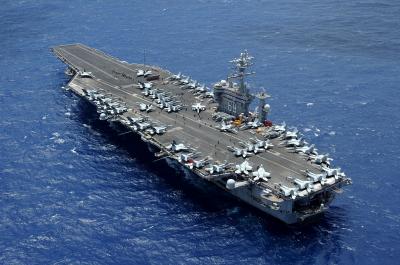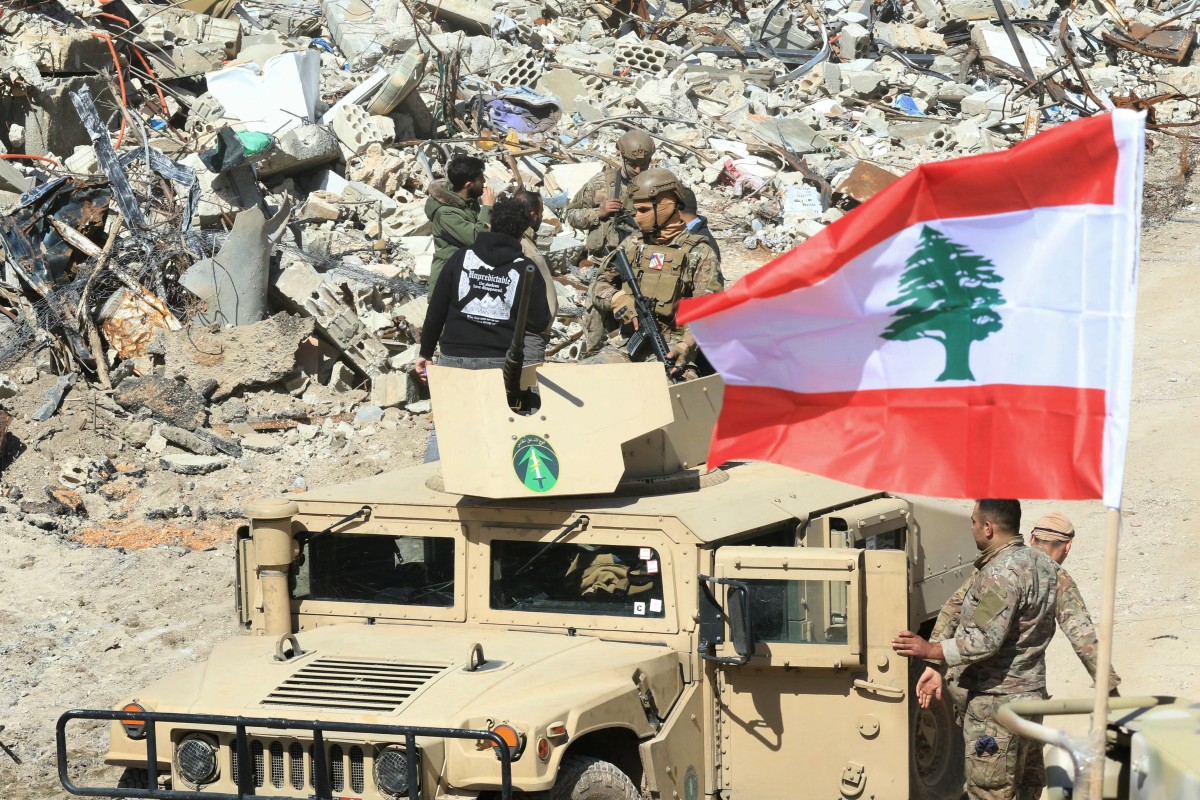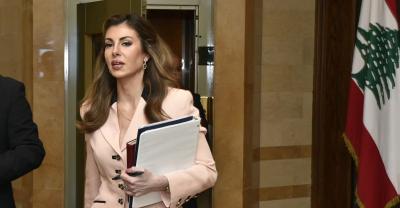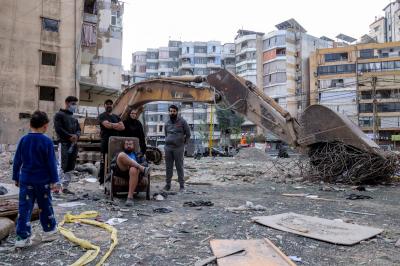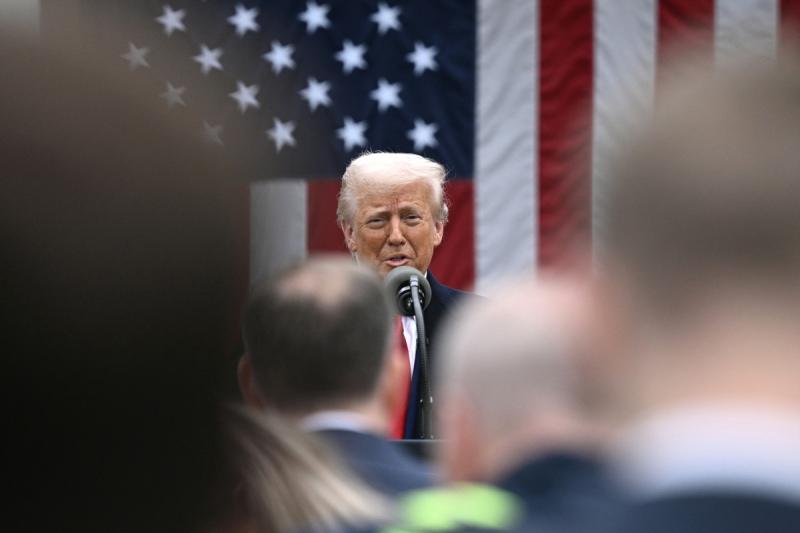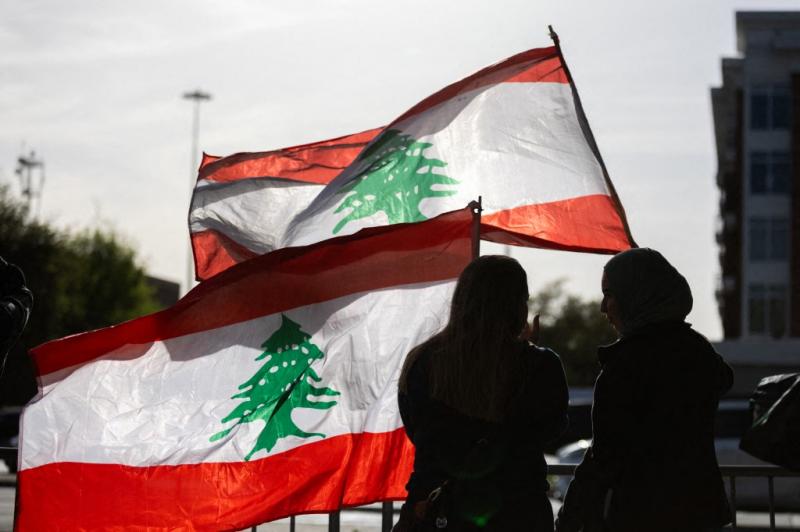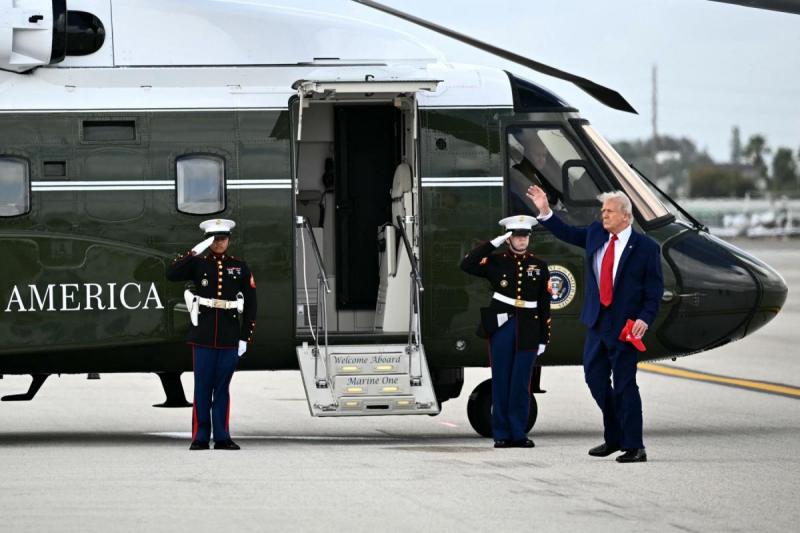For the first time, two Secretary-General of Hezbollah are being laid to rest together. February 23, 2025, will be a defining day as the funeral of Hassan Nasrallah, the party’s Secretary-General, takes place alongside that of his successor for four days, Hashem Safieddine. It will mark the peak of emotions—pride intertwined with anger, and sorrow mixed with fervor.
A massive public funeral is inevitable, long anticipated since Nasrallah’s assassination on September 27, 2025. A charismatic and historic leader, he leaves behind a legacy of political and military influence.
Hezbollah is framing the funeral as a referendum on its armed resistance. However, the real referendum takes place at the ballot box, and in the Parliament, where elected representatives mirror the country's political diversity. This funeral will not only serve as a farewell but also as a political statement, setting the stage for Hezbollah’s next phase, one that coincides with at least four more years of Donald Trump’s presidency in the White House.
Capitalizing on the crowd
The funeral will serve as an opportunity for Hezbollah to capitalize on public mobilization and secure local, regional, and international political participation. However, a high-profile Arab or international presence is unlikely, given that the party is classified as a terrorist organization globally and faces strained relations with most governments.
But what will happen beyond the funeral event? What about the crucial challenges that await Hezbollah? And what about Lebanon’s Shiite community, whose political representation has been entirely monopolized by Hezbollah and Amal, securing all 27 parliamentary seats designated for their sect?
The Ongoing Conflict with Israel
One of the most pressing challenges is ending the war with Israel, which has raged since October 8, 2023, when Hezbollah opened the southern front in "support" of Gaza under the banner of "unifying the battlefields" across the resistance axis. Despite repeated ceasefire agreements brokered by the U.S. and France, Israeli airstrikes, assassinations, demolitions, and bombings continue. Hezbollah, however, adheres to its doctrine of "strategic patience."
Fully aware that it lacks the military capability to engage Israel in a direct confrontation, Hezbollah has instead sought to disrupt Israeli operations and displace populations in northern Israel. However, despite its rhetoric and occasional street mobilizations—most recently along the airport road—the party has been shifting the burden onto the Lebanese state shoulders, using it as a shield to hide its inability to deliver serious blows to Israel.
Its Deputy Secretary-General, Naim Qassem, justified Hezbollah’s endorsement of the ceasefire agreement by stating: "The state has decided to take charge of protecting the borders and expelling Israel. This is an opportunity for it (the State) to prove its political capability" (January 27, 2025).
However, this reasoning does not address the core issue: Hezbollah’s arsenal. The equation imposed by Israel, with American backing and international support, is clear—war on Lebanon will persist as long as Hezbollah maintains some military capabilities, whatever basic they are. This condition is explicitly outlined in the ceasefire agreement and its annexes.
Will Hezbollah abide by the agreement and disarm, shifting from the battlefield to the political arena? Or will it attempt to evade its commitments, stalling for time in hopes of preserving what remains of its arsenal amid ongoing Israeli strikes?
The Reconstruction Dilemma
Another major challenge is reconstruction. It is becoming increasingly clear that Hezbollah cannot handle the task alone. More importantly, for international aid to flow in and for the Lebanese government to begin rebuilding, two fundamental conditions must be met:
1. The complete dismantling of Hezbollah’s military capabilities, as any reconstruction efforts would be futile if the threat of war remains.
2. The implementation of structural reforms to ensure transparency, prevent corruption, and avoid repeating the failures of Lebanon’s 2006 reconstruction efforts or its mismanaged state funds and councils.
On October 15, 2024, Naim Qassem pledged: "I promise you, as our late Secretary-General Hassan did, that you will return to your homes, which we will rebuild to be more beautiful than before. We have already begun the necessary preparations."
Yet, by February 16, 2025, his stance had shifted, placing greater responsibility on the state: "It is the state’s duty to work on reconstruction, to secure donations, organize conferences, and seek help from countries. We are ready to cooperate with the state, but reconstruction is primarily its responsibility."
An Existential Challenge for the Shiite Community
Hezbollah and Amal are now confronting an existential dilemma: how to transition toward equality with other Lebanese communities after years of political and military dominance?
The Shiite community sees its political and economic gains—achieved under the banner of "Shiite political ascendancy"—as being under threat. These gains include reversing what they perceived as historical marginalization, maintaining a "surplus of power" through Hezbollah’s weapons, controlling political decisions, securing access to financial and economic systems, and ensuring a strong presence in state institutions.
There are also growing signs of frustration within the Shiite base, similar to the Christian disenchantment during the Syrian-Lebanese security regime of the 1990s. This is evident in sectarian slogans circulating on the streets and social media, such as "Shia, Shia, Shia" and "Oh Zahra, Oh Hussein, the Shiites have taken over Lebanon." These expressions reveal deep-seated anxieties about a changing power structure.
How can Hezbollah’s grassroots base adjust to a future where citizenship and equal rights are governed by the rule of law rather than sectarian dominance?
A System in Need of Reform
This moment presents an opportunity for Lebanon to reconsider its political system. The country must break free from the cycle of intermittent wars punctuated by temporary periods of peace. The goal should be to establish a governance model that ensures stability, prosperity, and—most crucially—security and equality for all its communities.
Will the Lebanese have the courage to move beyond the rhetoric of "coexistence" and address the real issues? Can they build a state based on institutions, citizenship, and the rule of law?
 French
French



